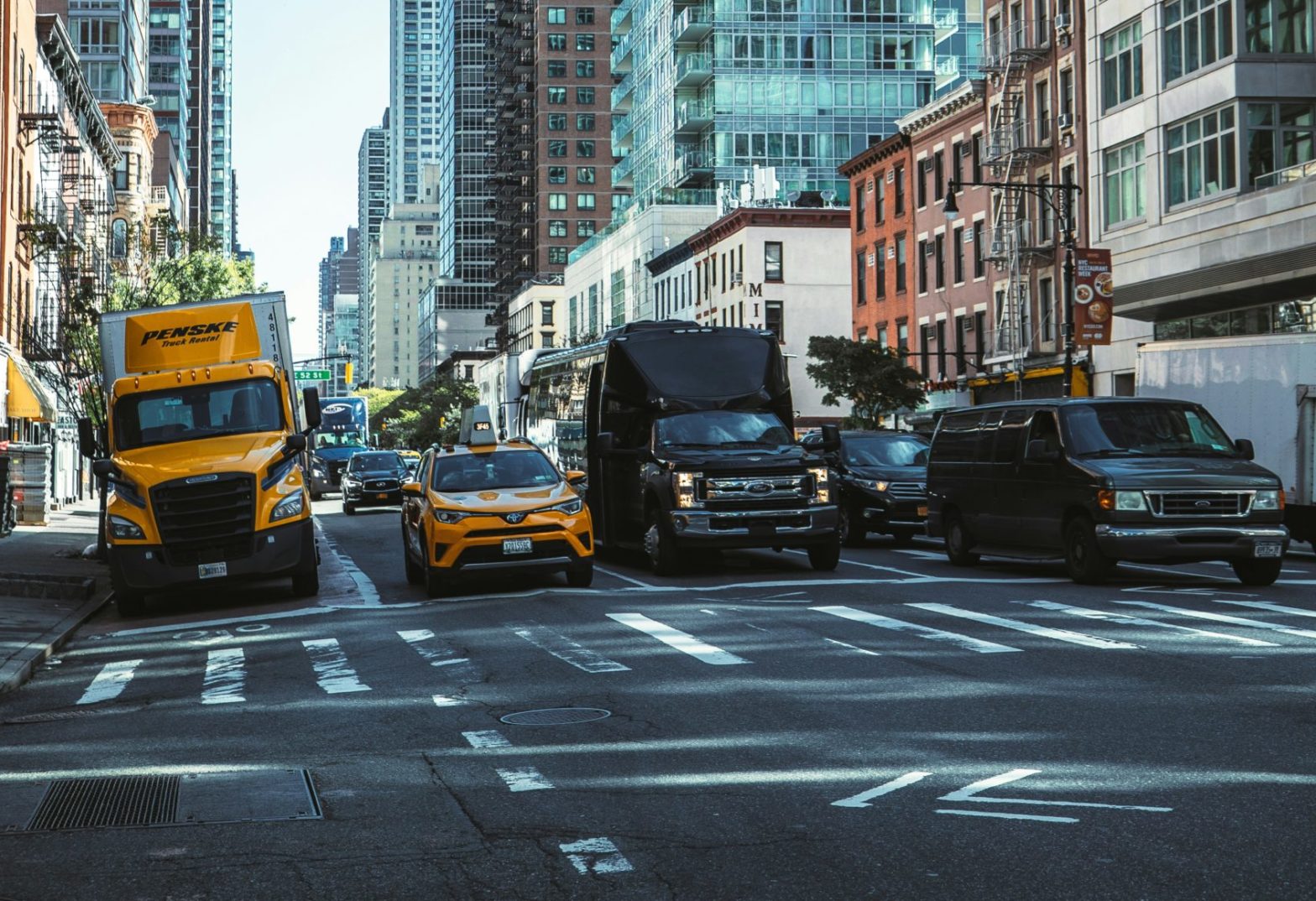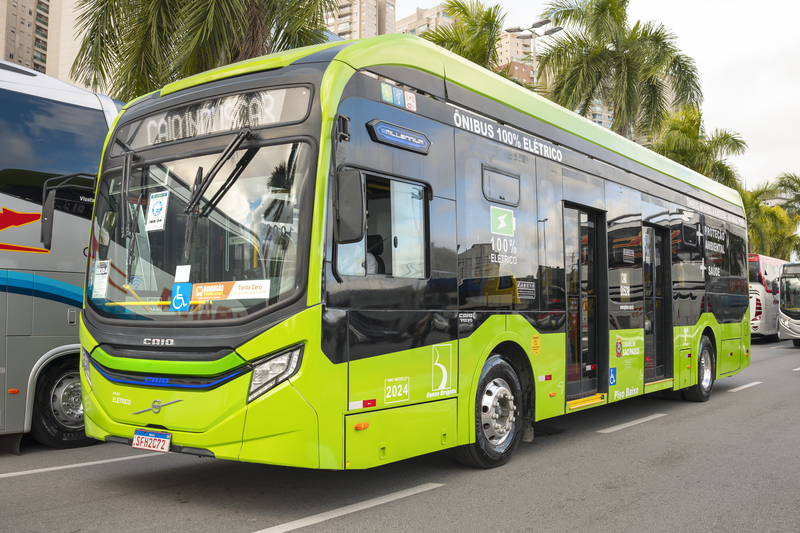
Photo: diane-picchiottino-unsplash
New York to introduce congestion charge
21 November 2024
by Christopher Carey
New York City’s Metropolitan Transportation Authority (MTA) voted on Monday to implement a US$9 congestion charge for driving in Manhattan.
The charge is set to come into effect from 5 January 2025, and comes after months of uncertainty around the MTA’s budget.
For the first three years of the scheme, cars will be charged US$9 during peak periods and US$2.25 at night.
“Transit has to be preserved, expanded and improved or New York won’t be New York,” said MTA Chair and CEO Janno Lieber.
“New York couldn’t exist without transit and I’m proud that with Governor Hochul’s leadership, we’re able to make more of those investments, so thank you to the Governor for getting us back on track – and to the MTA Board who along with the advocates and millions of everyday New Yorkers have never stopped fighting for better transit, a better city, and a better metropolitan area.”
He added that the governor’s endorsement of the next MTA capital programme means the agency will be able to invest US$68 billion across five years on 1,500 new subway and rail cars, on more accessibility and on zero-emission buses.
The MTA has said the charge will cut traffic by 17 percent, improve air quality and increase transit use by up to two percent.
Last June, State Governor Kathy Hochul scrapped plans to charge drivers US$15 for entering lower Manhattan but on Friday she announced plans to revive the scheme.
At the time, the governor cited the rise in the cost of living, adding that there would be too many “unintended consequences” for New Yorkers.
Pricing
Hochul has indicated a flexible pricing model would be introduced, with the US$9 fee dropping after 9pm to encourage late-night deliveries.
Under the new plans, motorcycles would incur a US$4.50 charge, while small trucks and non-commuter buses would have to pay US$14.40.
Large trucks and sightseeing buses would be liable for a US$21.60 fee, while taxis would see a per-ride fee of US$0.75 for all trips to, from, or within the zone.
App-based for-hire vehicles will also be charged US$1.50 for trips to, from, or within the zone.
From 2028 to 2030, the rates will stand at 80 percent of the initially approved rates – US$12 for cars during peak times and US$3 overnight. The full undiscounted rates of US$15 will begin in 2031.
Response
While transit advocates have largely welcomed the plans, there has been heavy criticism from those opposed.
New Jersey Governor Phil Murphy – one of the most vocal opponents of the charge – said he would “continue the fight to block this plan in court”.
“I am firmly opposed to any attempt to force through a congestion pricing proposal in the final months of the Biden Administration.
“All of us need to listen to the message that voters across America sent last Tuesday, which is that the vast majority of Americans are experiencing severe economic strains and still feeling the effects of inflation.
“There could not be a worse time to impose a new US$9 toll on individuals who are traveling into downtown Manhattan for work, school, or leisure.
“New Jersey has never been meaningfully consulted on the design of this plan, either in its initial iteration or the version that was announced today. Perhaps that is because this effort has always simply been a way to take money from the pockets of New Jersey residents to bail out the MTA from a mountain of debt.”
The plan still requires final approval from the U.S. Transportation Department and there are a number of court challenges pending.
Image: diane-picchiottino-unsplash














